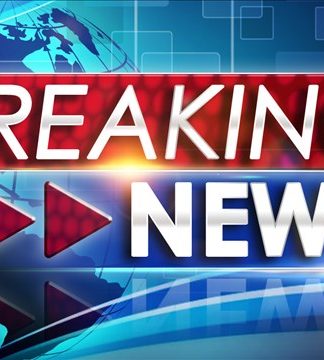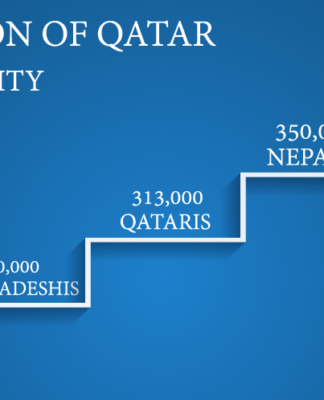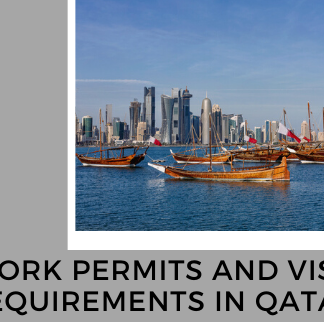Bidzina Ivanishvili, Georgia’s billionaire puppet master of the pro-Russia vote
PROFILE
EUROPE
Bidzina Ivanishvili is widely perceived to be the big winner of Georgia’s weekend parliamentary election. Although the results are bitterly contested, with tens of thousands of protesters flooding the streets of Tbilisi on Monday, Georgia’s richest man is credited with – almost single-handedly – having served his country to Russia on a silver platter.
Issued on: 29/10/2024 – 19:12
6 min
By:
Sébastian SEIBT
Georgian oligarch and founder of the ruling Georgian Dream party Bidzina Ivanishvili gives a speech after exit polls were announced in the parliamentary elections in Tbilisi on October 26, 2024.
Georgian oligarch and founder of the ruling Georgian Dream party Bidzina Ivanishvili gives a speech during a gathering at the party’s headquarters after exit polls were announced during parliamentary elections in Tbilisi on October 26, 2024. © Giorgi Arjevanidze, AFP
Described as “the man who bought a country”, 68-year-old Ivanishvili had every reason to celebrate when the polls closed in the parliamentary election in Georgia on Sunday. According to the official results, the pro-Russia “Georgian Dream” party he founded in 2012 had just secured another four years at the helm by crushing the pro-Europe opposition by 54.08 percent against 37.58 percent.
But the stakes in the election were about more than just rule this time: at the heart of the ballot was whether Georgians wanted a future with Russia, or the West, by its side.
Ivanishvili’s pro-Russia stance won, despite the fact that polls show 80 percent of Georgians want to join the European Union.
‘Russia-made’ fortune
Georgia’s independently elected pro-Western president, Salome Zurabishvili, long at odds with the Georgian Dream government, immediately called foul, saying the elections had been subject to “a Russian special operation”. Along with the opposition, she called for the election results to be “corrected” – either through an investigation or a new vote – and urged Georgians to take to the streets in protest. On Monday, tens of thousands of people heeded her call in the capital Tbilisi.
But the political conflict surrounding the election results increasingly appears to be a struggle against Ivanishvili’s expanding, and nearly absolute, one-man control over Georgia’s state apparatus.
READ MORE
At odds with the EU, Georgia cosies up to Russia
Born into poverty in the village of Chorvila in western Georgia in 1956, the self-made tycoon burst onto the political scene in 2012 after making his fortune in Russia during the 1990s as state-owned assets from the Soviet era were privatised.
Ivanishvili had bet big on the telecoms and metallurgy industries, and had eventually built up so much wealth that he could found his own bank, Rossiysky Kredit. But that was not enough. In the early 2010s, Ivanishvili returned to his homeland Georgia, and invested part of his fortune – today estimated at around €4.63 billion, or a sixth of Georgia’s GDP – in his political ambitions, which soon resulted in the founding of the Georgian Dream party.
“In the beginning, it was a coalition of political groupings that was more to the centre of the political spectrum and in opposition to [then president] Mikheil Saakashvili,” explained Laura Luciani, an expert in South Caucasus security issues at the Institute of International and European Studies at Ghent University.
Retreating from the limelight
In 2012, the newly founded party participated in its first trial run and won the parliamentary elections, making Ivanishvili Georgia’s prime minister. He served on the post for little over a year before “retiring” from politics. It would be his last post in the political limelight.
“I think that he saw that it was more favourable for him not to be in power himself, so he could focus on becoming more wealthy, and run things behind the scenes without attracting negative attention,” said Natasha Lindstaedt, a political scientist and specialist in authoritarian regimes at the University of Essex in Britain.
Instead, Ivanishvili developed the reputation of a reclusive billionaire with extravagant tastes and hobbies. “There were rumours that people didn’t even know what the man, who owned zebras, penguins and a chateau-like complex in the hills of Tbilisi, looked like,” Anna-Sophie Maass, who specialises in the relations between Europe and former Soviet states at Lancaster University in Britain, said.
“He likes to do everything kind of behind the scenes. He’s not one of these de facto leaders that is very visible to the public by constantly going on TV and giving speeches and is this sort of charismatic figure. He’s more of a shadow figure, and I think he prefers it that way,” she explained.
But despite sliding out of the public eye, Ivanishvili had hardly forgotten about politics. Key posts within the Georgian Dream are currently held by individuals placed there by Ivanishvili himself. Irakli Garibashvili, who succeeded him as prime minister in 2013, for example, was his close adviser and had previously run his charity foundation. For several years, Garibashvili also managed the Georgian Dream music label – founded by rapper Bera Ivanishvili, one of the billionaire’s three sons.
“We often talk about his financial influence that allowed him to ‘buy a country’, but there’s more to it than that. Thanks to his party and his men, he has taken control of the main mechanisms of the country. His party has succeeded in passing laws to control the judiciary and to silence or repress civil society and the media,” Luciani said.
Russian agent?
Ivanishvili’s opponents have described him as a “Kremlin project” since he entered the political scene. In a country traumatised by Russia’s expansionist war in 2008, such an accusation could easily have sealed the fate of just about any politician.
Not for Ivanishvili, though. Shortly after the election, he instead started to work on the Georgians and their view of Russia. “Ivanishvili stated that ‘restoring relations with the Kremlin’ was one of Georgia’s main tasks,” Maass said.
As evidenced by the Georgian Dream’s 2024 election campaign, that ambition has never faded.
In the 12 years since Ivanishvili’s party came to power, there has also been an ideological rapprochement between Georgia and Russia – “a conservative turn, from the end of 2021 and in particular after Russia’s [large-scale] invasion of Ukraine,” Luciani said, noting that Ivanishvili’s rhetoric on Georgia’s culture war against the “decadent” West very much echoes that of Putin’s.
Maass agrees. “Ivanishvili’s anti-Western rhetoric is strong. In a speech delivered in April 2024, he argued that between 2004 and 2012 Georgia was governed by ‘a foreign appointed revolutionary committee’,” she said.
He has also campaigned against what he describes as western LGBTQ+ “propaganda” and vowed to fight values he deems contrary to Georgia’s “unique history, traditions and identity”, Politico wrote in a profile piece on Ivanishvili.
In May, 2024, Georgia adopted a controversial Russian-style law banning “foreign agents” from operating in Georgia which sparked massive street protests, and were followed by a violent crackdown by police. The law, critics say, was engineered by Ivanishvili and his party to silence independent media outlets and rights activists.
But does all this actually make Ivanishvili a Russian agent? “I asked this very same question to many Georgian experts. And they don’t know for sure the extent to which he is under Putin’s thumb. Some of them argue, and it’s the least we can say, that they just have coinciding interests,” Lindstaedt said.
Luciani said that although Ivanishvili’s past as a successful businessman in Russia may very well have put him in contact with Russian intelligence services, “turning him into a simple puppet for the Kremlin is a shortcut that doesn’t allow us to understand the real sources of Ivanishvili’s power”.
She added that it would be too simplistic, and minimise his feat of taking control of almost all power in Georgia, to describe Ivanishvili as a pawn in Putin’s game.
Lindstaedt agreed. “I think Ivanishvili knows that he cannot trust Russia. I think he’s not friends with Putin,” she said.
He “has chosen the Russian side over the European side because it will allow him to be authoritarian, whereas the Europeans would push him out of power with democratic reforms that may also hurt his economic interest.”
This article was adapted from the original in French.









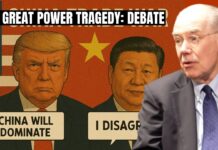
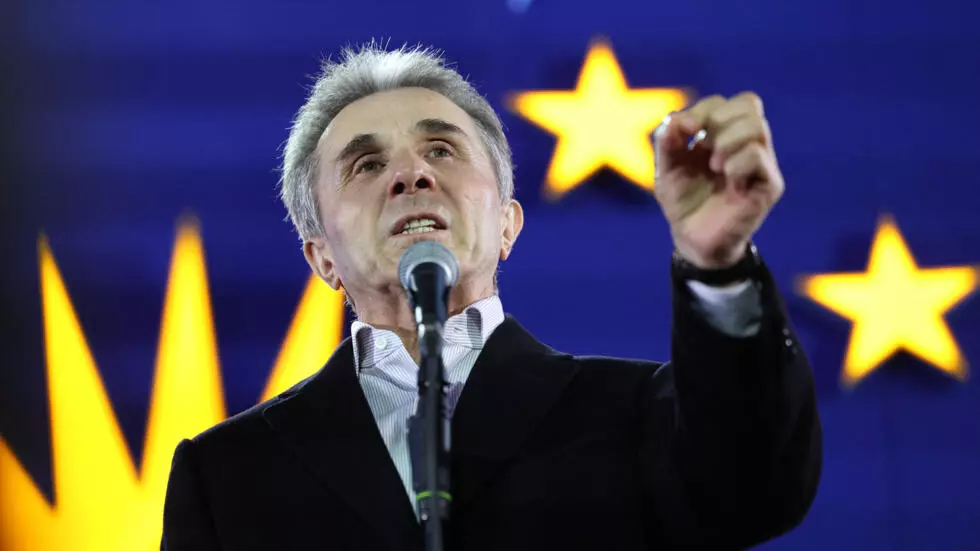


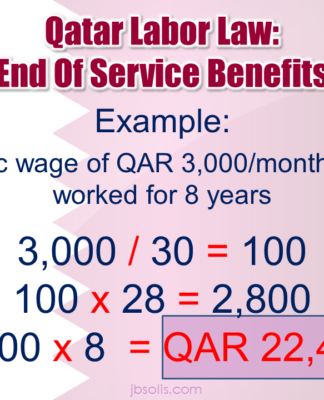

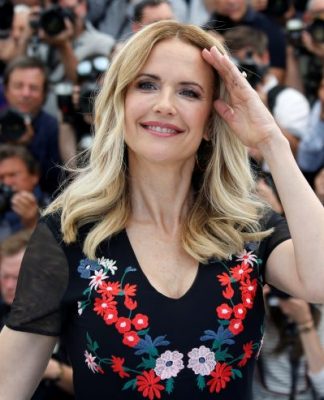


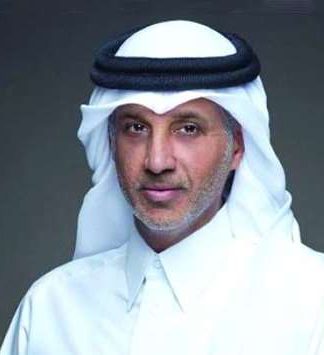
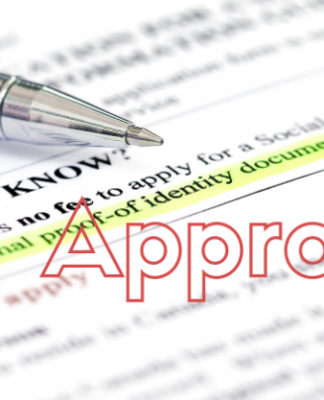


![Qatar Labor Law In 2020??? [UPDATES]](https://welcomeqatar.com/wp-content/uploads/2020/12/Qatar-Labor-Law-1-696x366-1-324x366.jpg)
